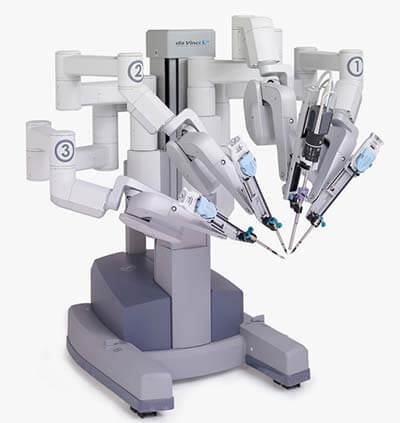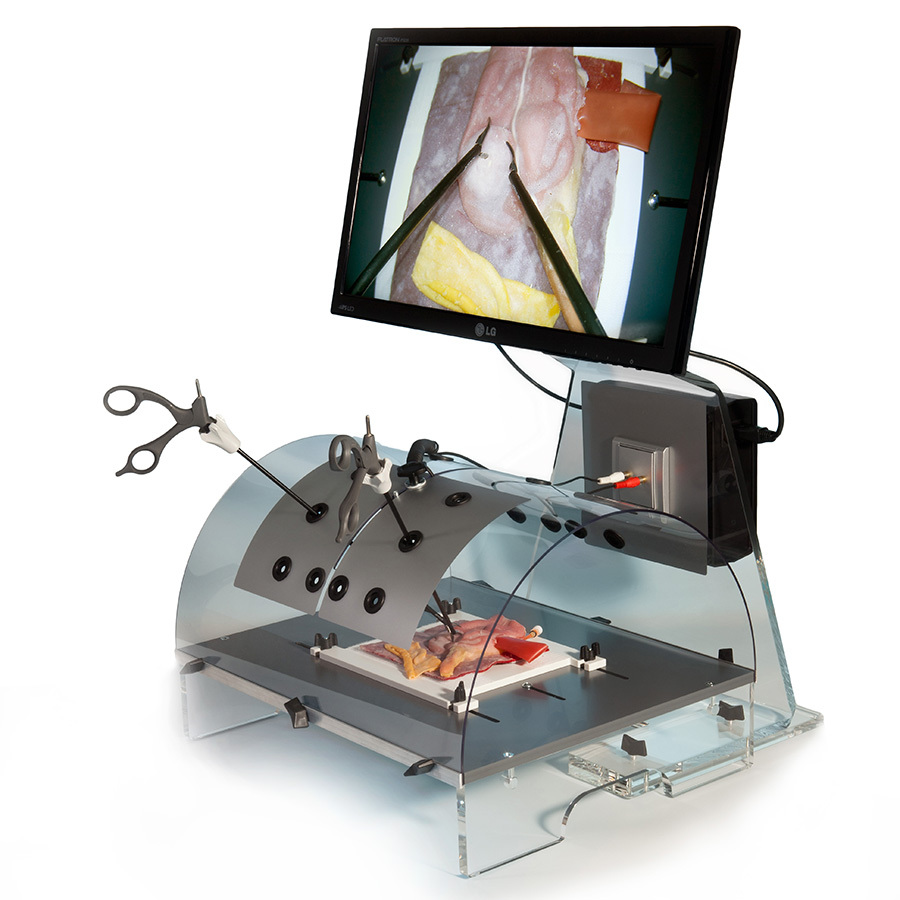Home
XIV. TOUCHING TOUCH
05/03/2019
I don’t think I have been thoroughly honest in my writing lately.
I fell in patterns of performative knowledge through elaborate academical methodologies — which don’t quite fit my thinking non-linearity.
Somehow, I lost touch as I wished to reach and be reached.
Falling back, relying on dead structures;
Success, speed, accelerated, exhaustion of knowledge as norm,
neglecting third durations.
Does the touch start by touching oneself?
As serpentwithfeet chants it:
“How can I touch somebody who won't even touch themselves?”
Wether alter or singular, touching and being touched is not normally meaningless. Not downsampl-able to one meaning. Touch as sentient potency; a way of sensing our context, our environment. Touching skin, sensing bark, feeling soils.
Touch as intra-relational; intuitive trust of not being the lonely one.
Touching our sense of alterity by means of commonality. Ground, history, texts and objects, language and spirituality.
The western man is out of touch, disabled to feel its transcendental plurality.
Always touching my food. Peeling skins, in cosmic slowness, a coping mechanism for accelerating touchless-ness. During some Ethiopian celebrations the food is mediated by the neighbour's hand toward one's mouth. In England, they created a ministry of loneliness which primary role is funding hug therapies. Capitalizing on touchless-ness, the final reach for global neoliberal communication.
Touch is precarious and vicious. “Us” seem to lack it, the “unmediated”
Direct, real, pure, normal, rational, modern, transhuman, digitally augmented,
Touch is the new keyword,
in progress tales of sensorium conquest.
Can you hug me with your keyboard?
Can I feel the medical warmth of my MRI?
Can you take care of our elders through haptic wireless interfaces?
J-Varela, lying on his hospital bed describes how he felt the black and white squares of his transplant digital image. He felt his body out of touch while becoming object of scientific knowledge. Not feeling the doctors hand, instead interacting with his knowledge-producing prothesis.
She was equally out of touch when the clinical realm disabled her from sentient potency; to get in touch with her nurturing body. The female body, objectified as machine for life-labouring production, only touchable through digital extensions.
Screens, mirrors, erected sticks;
The only means to get in touch with her intimate distance is by dismantling modern image-making protocols.
In “this sex which is not one”, Irigaray prompts us that the female body is constantly touching itself. She doesn’t need anyone else to be in touch as she's singularly and collectively intra-connected with her and her sister’s body.
Would it be this self-sustainable male’s jealousy which lead him to erect means of digitally knowing through intermediacy? Simultaneously fearing queer connectivity.
As yet, fear of vulnerability transforms touch in a violent trope for colonising the sensorium.
In the caring economy, touch became a tool for sensitive alienation. The weak body — the old, the new, the sick, is promised to specialists to touch and care through body-technologies built on modern belief of rational scientific specificity. The “specialists” carefully touch them. Depriving them from their sentient agency.
It feels impossible here to completely look at touch from a solely computed standpoint.
I fear to loose touch of touch through the computed touch.
My touch is imperfect, vulnerable, inter-dependent,
Your touch is controlling, progressing, practical and patronising,
Computing touch represent a promise, situated somewhere in-between potency and tyranny,
Enabling us to deconstruct scientific tales of global understanding though the dismantling of quantified dis-touch.
BIBLIOGRAPHY
Moten, F. and Harney, S. (2004). The University and the Undercommons. Social Text, 22(2), pp.101-115.
Puig de la Bellacasa, M. (2009). Touching technologies, touching visions. The reclaiming of sensorial experience and the politics of speculative thinking. Subjectivity, 28(1), pp.297-315.





Referencial notes
Chapter 7: Fantasy in the Hold in The Undercommons by Fred Moten
Although not commented much, this text is a beautiful, lyrical and spiritual re-definition of touch in black matter/ queer terms.
Blackmatter, decentralisation, being touched together in alterity, touch as acknowledging otherness.
Situatedness of our touch vs. Emptiness of logistics, modern man shallow program, being nothing as an opportunity, staying, embracing the trouble.
Chapter 5: Touching Visions by Maria Puig de La Bellacasa
The +/- of haptic interfaces
1. Touch as political reclaiming
Thinking by touching as political gesture undermining onto political suspicions // Harraway “view from nowhere” vs. “Modest witness”
Reappropriating the sensorium and sight as pseudo-dominant
2. Touch as corporeal regonfigurative potency
Touch as thinking the ambivalence of caring
“the appropriation of others’ through caring”
Touch as acknowledging our own death, shared vulnerability, alterity
Touch as threat — involve Trust
Touch is spiritual
Touch again global neoliberal dematerialisation
Question of then material realism and authenticity?
Touch as a way to reinvest materiality in ou digitalized-technological landscape!!
3. The promise of haptic technologies and its trans-humanists downfalls
Touched used in haptic tech to enhance the human, trans humanist dogma
Great market cos mimic “the real thing” and therefore controls it better,
A way to avoid accountability of being the one touching
Touch tech as more than human assemblages // limits of the meaning-producing effects of this understanding of touch . Semantical networks at play in this configuration // definition of enhancement: directness, distanced form the physical flesh body, darwinism == toward efficacy, productivity & quantification // accelerated productivity
To touch is to get, intuitive immediacy
Dependency of the computer, touch as substantial in its potency for reconfigurations our painful decent interaction to computer and acknowledge its physiological and psychological consequences
Because we depend
“Touch technologies and longings of being in touch match well. “ Permanent intouchness?
4. Touch as a thinking speculative process of being alter
that these new forms of connection produce as much copresence as they increase absence. They do not really reduce distance; they redistribute it. A more then reenable reality;
Major quest: “How can visionary diffractive efforts resist inflated virtual (future) possibility detached from (present) material finitudes? “
5. Promises and limits of Touching vision technologies
The problem with real, direct, efficient intervention/ interaction. — Problem of authordity//agency no?
Touch to reclaim vision
Materiality and embodiment of relational aesthetics, grounded vision vs. Enhanced vision promisse of feeling cognitive information
Robotic touch as reproducing bias of techno-modernist understanding/ rationalising of what touch is
“increase a sense of the entanglement of multiple materialities” — Barad intra-action
Attractive closeness vs. Dangerosity of unackowledging our own alterirties. (Non-humans, coral exemples)
Close reading of what happens when I touch and/ or I am being touch
Touching vision as material witnessing
Threads
The limits of visual interaction projects // only partially engaging, something mystical and isolating about it. Would the paradigm of being individually interacting in loneliness might be due to the lack of touch rather than the lack of other performing likewise?
Key words
Embodiment, black matter, logistics, care, embedded relations, co-shaping, haptic, materiality, feminist epistemology, knowledge politics (situated & committed knowledge), situatedness, trust, mortality, partiality, vulnerability, dematerialisation, decentralisation, co-presence, enhancement, intuitive immediacy, speculative thinking, grounded vision, technohaptic, dexterous, intra-active, interdependency, intrarelational, fingeryeyes, tentacular,
Lexicon
Speculative thinking: speculative refers to a mode of thought committed to foster visions of other worlds possible. In feminist approaches == transformative actions. “speculative thinking as involved intervention—as speculative commitment. “ Being held accountable again.
Brad intra-action: Barad’s intra-action problematizes not only subjectivity but also the attribution of agency merely to human subjects (of science)—as the ones having power to intervene and transform (construct) reality. Who/what is object? Who/what is subject?
